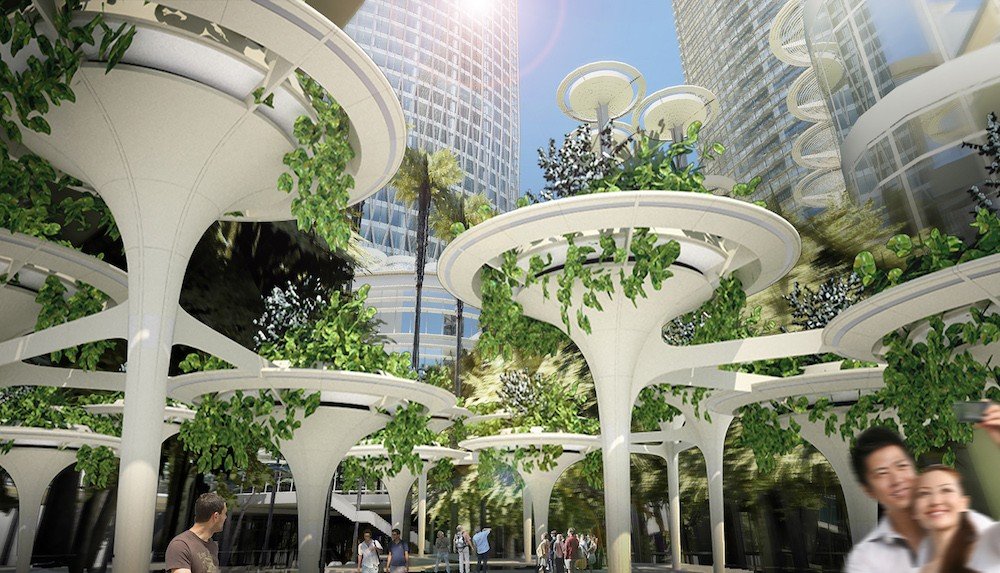The Importance of Eco-Friendly Construction
Eco-friendly construction, also known as green construction or sustainable construction, is a growing trend in the building industry. With the increasing concern for the environment and the need to reduce our carbon footprint, it has become essential to adopt sustainable practices in construction.
Traditional construction methods often contribute to environmental degradation through excessive use of energy, water, and non-renewable resources. Additionally, the construction industry is responsible for a significant amount of waste generation and greenhouse gas emissions.
Eco-friendly construction aims to address these issues by incorporating sustainable materials, energy-efficient designs, and environmentally friendly practices. By doing so, it not only reduces the negative impact on the environment but also creates healthier living spaces for occupants.
Innovations in Eco-Friendly Construction
1. Green Building Materials
One of the key aspects of eco-friendly construction is the use of sustainable building materials. Traditional building materials, such as concrete and steel, have a high carbon footprint due to their energy-intensive manufacturing processes. However, there are now innovative alternatives available.
For example, bamboo is a fast-growing, renewable resource that can be used as a sustainable alternative to timber. It is strong, durable, and has a lower environmental impact. Similarly, recycled materials like reclaimed wood, recycled steel, and recycled plastic can be used to reduce the demand for new resources and minimize waste.
Another innovative material is rammed earth, which involves compacting a mixture of soil, gravel, and stabilizers into solid walls. This technique not only utilizes locally available materials but also provides excellent thermal insulation and reduces the need for artificial heating or cooling.
2. Energy-Efficient Designs
Energy-efficient designs play a crucial role in eco-friendly construction. By incorporating passive design strategies, such as proper insulation, orientation, and natural ventilation, buildings can reduce their energy consumption significantly.
Additionally, the integration of renewable energy sources, such as solar panels and wind turbines, can further enhance the sustainability of a building. These technologies generate clean energy, reduce reliance on fossil fuels, and lower greenhouse gas emissions.
3. Water Conservation
Water scarcity is a global concern, and eco-friendly construction addresses this issue through water conservation measures. Low-flow fixtures, rainwater harvesting systems, and greywater recycling are some of the innovative solutions being implemented in green buildings.
Low-flow fixtures, such as water-efficient toilets and faucets, reduce water consumption without compromising functionality. Rainwater harvesting systems collect rainwater from rooftops and store it for later use, reducing the reliance on municipal water sources.
Greywater recycling involves treating and reusing water from sources like sinks, showers, and washing machines for non-potable purposes, such as irrigation or toilet flushing. These measures not only conserve water but also reduce the strain on water treatment facilities.
Eco-friendly construction is not just a trend; it is a necessity for a sustainable future. By embracing innovative practices and materials, we can build a greener future that benefits both the environment and the people who inhabit these spaces.
































